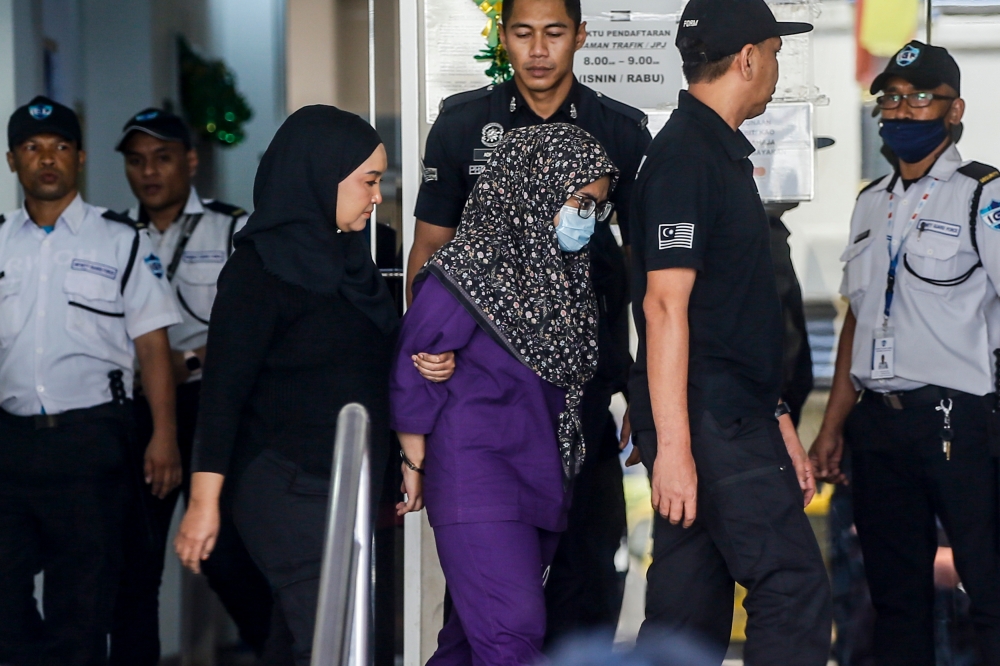JUNE 13 — A person under investigation (PUI) is usually taken to the Magistrate for a remand order when the police or investigation agency is unable to complete investigation within 24 hours of arrest of the PUI.
On Wednesday (June 12), the mother of autistic boy Zayn Rayyan Abdul Matiin was reportedly taken to the Magistrate allegedly for the Magistrate to record the mother’s confession in the investigation of the boy’s murder case.

The confession to be recorded was to be purportedly made under Section 26(1) of the Evidence Act 1950 (EA). The provision states as follows:
“Subject to any express provision contained in any written law, no confession made by any person whilst he is in the custody of a police officer, unless it is made in the immediate presence of a Sessions Court Judge or Magistrate, shall be proved as against that person.”
More than 60 years ago in the case of Chong Teng v PP [1960], Chief Justice Thomson explained the provision as follows:
“[A] confession made by a person while in custody is only admissible if it is made in the immediate presence of a Sessions Court President or a Magistrate. The taking of such confessions [however] is governed by Section 115 of the Criminal Procedure Code (CPC) which provides that any Magistrate ‘may record any statement or confession made to him’ and then goes on to lay down the manner in which such a statement or confession is to be recorded.
“In the [Indian] case of Nazir Ahmad v King-Emperor [1936] it was held by the Privy Council in relation to section 164 of the Indian [Criminal Procedure] Code, which corresponds to our section 26 of the Evidence Ordinance [as it then was] a statement in order to be admissible must be recorded strictly in accordance with the provisions of the CPC.”
The above case was decided when Section 115 of the CPC was still in force. The section no longer exists, having been repealed in 2007.
Parliament’s intention when repealing the section was explained by the then Home Minister Datuk Seri Mohd Radzi bin Sheikh Ahmad at the second reading of the Criminal Procedure Code (Amendment) Bill 2004 as follows:
“Clause 16 of the Bill aims to repeal section 115. After the [Special Select] Committee heard the views and comments from the courts, the Attorney General and considered the report of the PDRM Commission on the procedure for recording a confession by a Magistrate, the Committee suggested that the section be repealed.
“This is because the Committee is of the opinion that a Magistrate has the duty to hear and try cases and he should not be burdened with the duty of recording confessions from arrested persons.
“Furthermore, if a Magistrate lacks the experience to record a confession and if the recorded confession is challenged in court, the Magistrate’s credibility will be questioned by the public.”
Given the above, why take a PUI to the Magistrate for a proceeding under Section 26(1) of the EA?
Parliament had intended that the Magistrate be not burdened with the duty of recording confessions from PUIs.
*This is the personal opinion of the writer or publication and does not necessarily represent the views of Malay Mail.





















